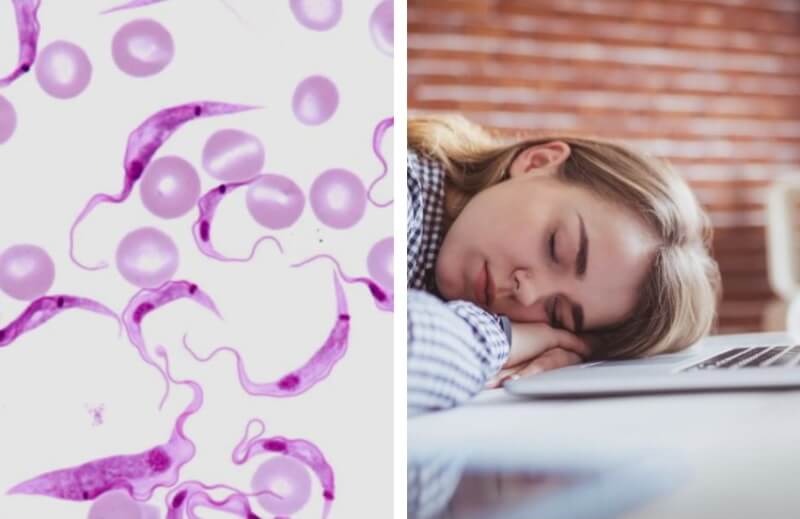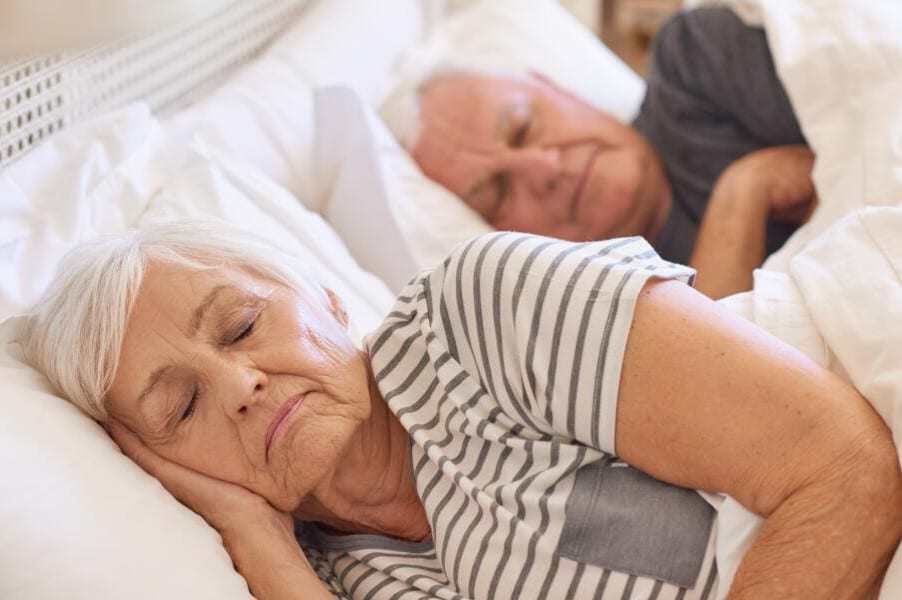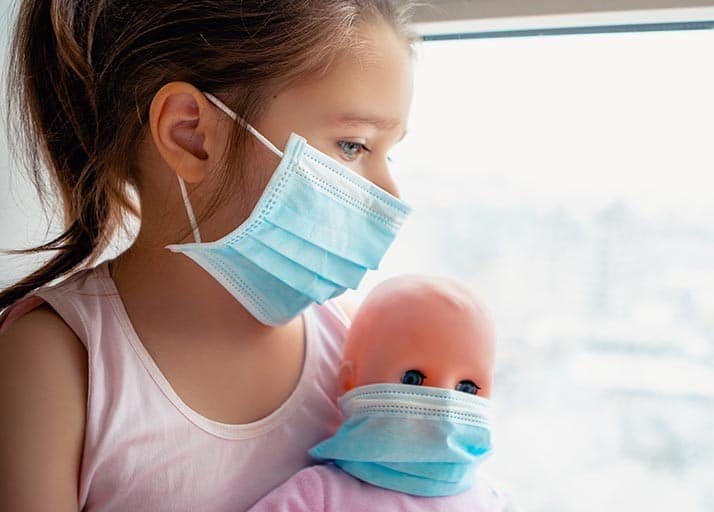

In June 2021, Philips Respironics issued a recall on some of their BiLevel CPAP and PAP machines, including their mechanical ventilators that were sold to consumers in the United States. They issued a similar warning to their international customers. The reason for the recall is due to a component in their devices that can break down into particles and gas chemicals that can be inhaled by users.
These particles and gas chemicals are considered to be toxic and trigger various health issues. The symptoms that have been reported include but are not limited to irritation, inflammation, headaches, respiratory issues, and other effects related to carcinogens and toxic materials or chemicals.
The degradation of the foam component inside the device seemed to have occurred if the machine was clean and maintained improperly. Another cause was due to the device operating in environments that were high in heat and humidity.
There have been no reported deaths as a result of these issues caused by the device. However, many patients have been impacted. The recall states that many devices that have been manufactured before April 26, 2021, are subject to a recall.
These include the V60 ventilator Trusted Source Philips Recall of Select V60 Ventilators Classified by FDA As 'Most Serious Type of Recall' The U.S. Food and Drug Administration warned that using the ventilator devices in the latest recall “may cause serious injuries or death.” www.newsweek.com , DreamStation CPAP, Auto CPAP, and BiPap machines, the Trilogy 100 and 200 Ventilators, and other devices that have been manufactured by Philips. This situation has left many users concerned about what to do next in regards to their machine, which is a necessity for those who are being treated for sleep disorders such as sleep apnea.
The FDA has provided a list for United States users of Philips devices Trusted Source Certain Philips Respironics Ventilators, BiPAP, and CPAP Machines Recalled Due to Potential Health Risks: FDA Safety Communication | FDA The recall is due to issues with PE-PUR foam, used to reduce sound and vibration, breaking down and potentially entering the device’s air pathway. www.fda.gov . If the device you use is on the list, you may be affected by this recall. If you have a BiPap or CPAP machine, it is important that you stop using your device immediately.
You can use an alternative CPAP machine that is not on the recall list. You may continue to use your affected device on the condition that your physician has determined that the benefits far outweigh the risks. Please consider using alternative sleep apnea treatments for the time being before your device is replaced.
Alternatively, you can also consider utilizing long-term solutions that could also reverse sleep apnea. This includes but is not limited to making lifestyle changes such as dieting, exercising, and avoiding alcohol and tobacco. In moderate or severe cases, you may want to talk to your physician or sleep care provider about the idea of getting surgery to correct your sleep apnea.
Follow the manufacturer’s instructions regarding the care and replacement of the machine and accessories. Please register your affected device on the Philips Respironics website and stay up to date regarding the latest information regarding your device.
If you use a ventilator, you may continue to use it until your healthcare provider may state otherwise. Unlike CPAP and BiPap machines, there may be limited options in terms of an alternate ventilator (especially for those who use it for life-sustaining therapy). At this point, you need to set an appointment with your physician regarding the installation of a bacterial filter that is designed to keep out the foam particles.
You must also register your affected device on the Philips Respironics recall website. Health care providers are also instructed to check with their patients that use Philips Respironics devices and make them aware of the recall and why it is being done.
The recommendations must be reviewed with the patients who use the devices affected by the recall. Alternatives may also be considered at their discretion so they can continue with their treatment when possible.





